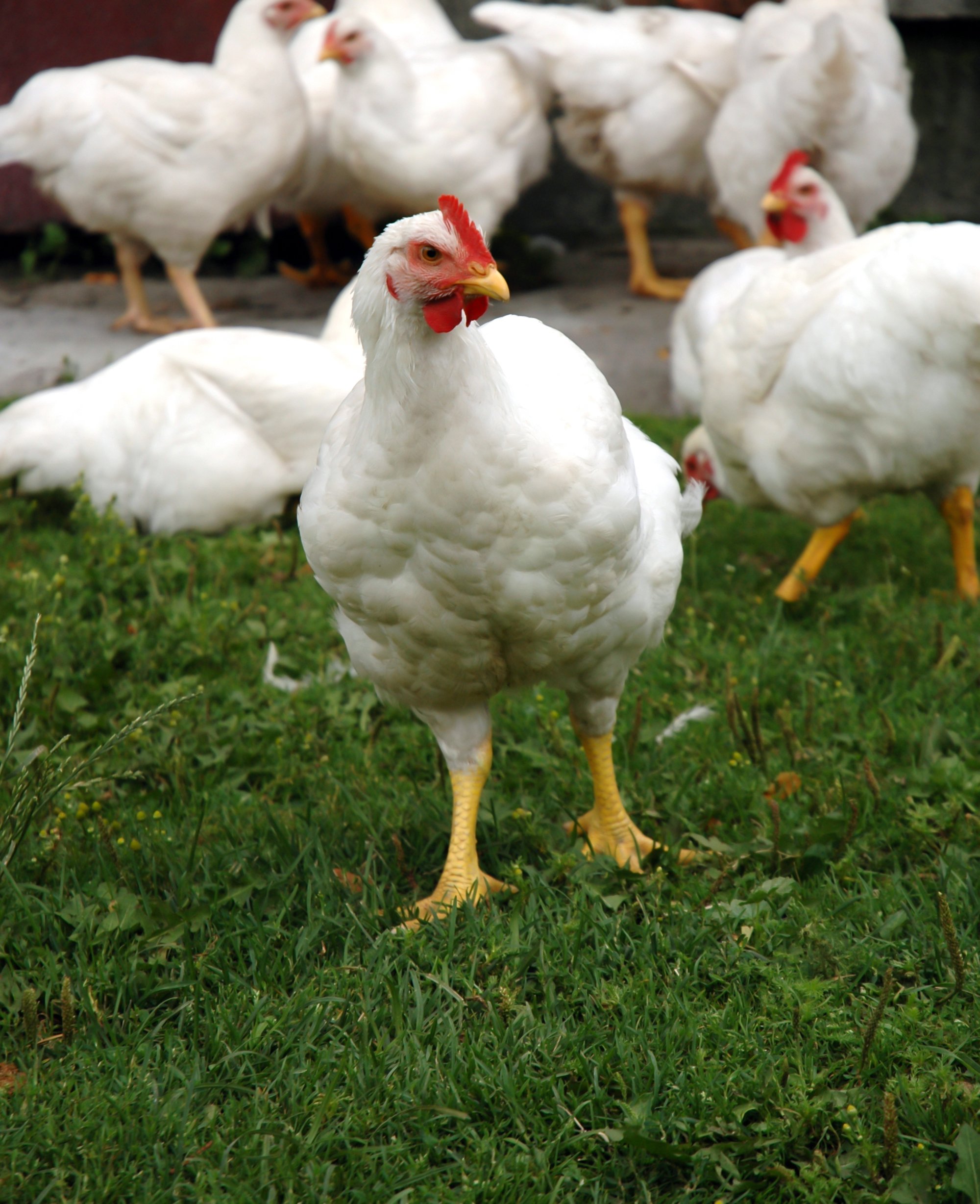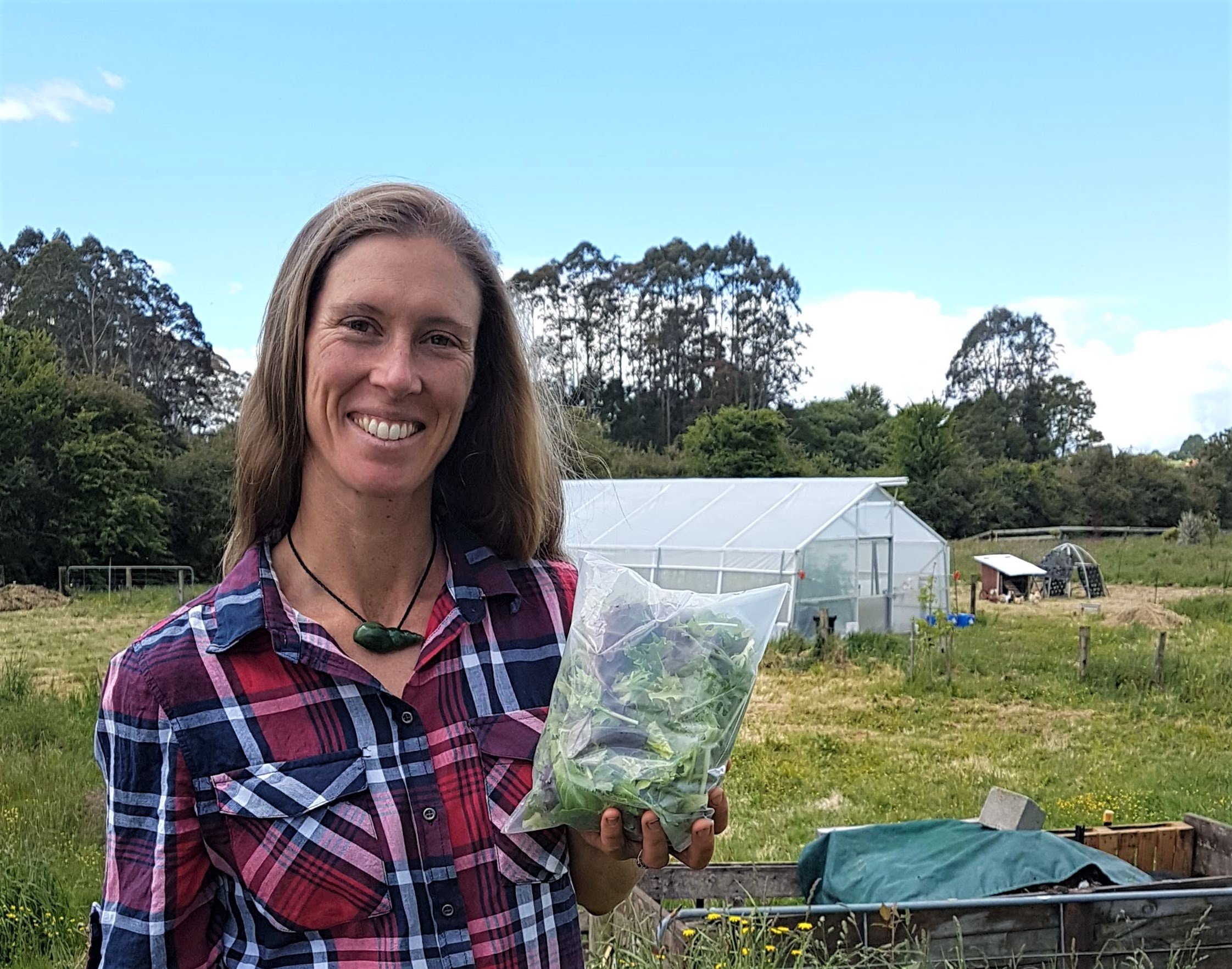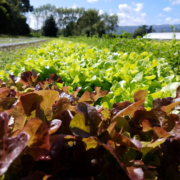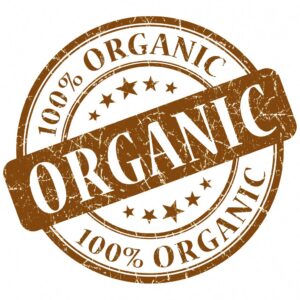Unlabelled GE food leaves consumers in the dark
MEDIA RELEASE
3 AUGUST 2025
Aotearoa New Zealand – Consumers have just lost a fundamental right to informed choice about the food they’re eating, says the Soil & Health Association.
New Zealand Food Safety Minister Andrew Hoggard and his eight Australian state counterparts have approved a decision to allow genetically engineered food ingredients enter unlabelled into the food chain of both countries.
“This is an alarming and unscientific move that removes our right to know what’s in our food,” says Charles Hyland, chair of the Soil & Health Association.
“New Zealanders want to know what they’re eating, and be able to avoid things they don’t want.”
“Allowing unlabelled GE ingredients that have no novel DNA ignores the fact that changes can and do occur as a result of all types of genetic engineering – whether it introduces novel DNA or not.”
Gene edited cattle in the USA were heralded as a success and claimed to have no novel DNA. However it was then found that bacterial DNA had been introduced, conferring antibiotic resistance, and the cattle were withdrawn from the market.
Similar situations could happen with food that supposedly has no novel DNA.
Our knowledge of the risks to health from GE foods is still very limited, and there is very little long-term independent research to draw from.
“What happens if there is a health issue from GE food? How could we pinpoint it to that GE food? If it’s unlabelled, authorities won’t be able to trace it or issue a food recall.”
The onus will now be on consumers to ask retailers and food companies whether there are any GE ingredients in their food.
“The best ways to avoid GE food ingredients are to eat organic food, grow your own, favour whole foods and avoid ultra-processed foods.”
ENDS
FURTHER INFORMATION: Soil & Health’s submission to Food Standards Australia New Zealand, 10 September 2024
Contact:
Charles Hyland, Chair, Soil & Health Association of New Zealand, 027 707 0747
Philippa Jamieson, Organic NZ editor, Soil & Health Association of New Zealand, 027 547 3929
Email: editor@organicnz.org.nz
Website: www.soilandhealth.org.nz







